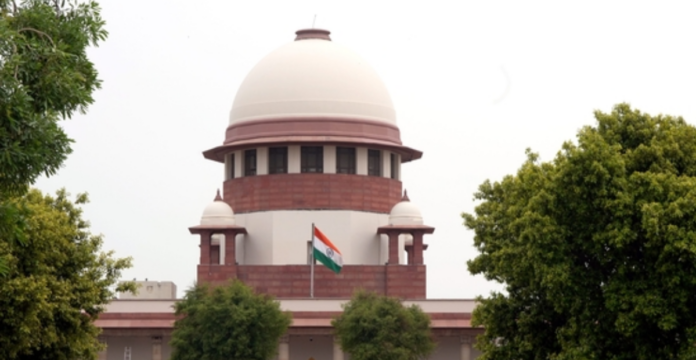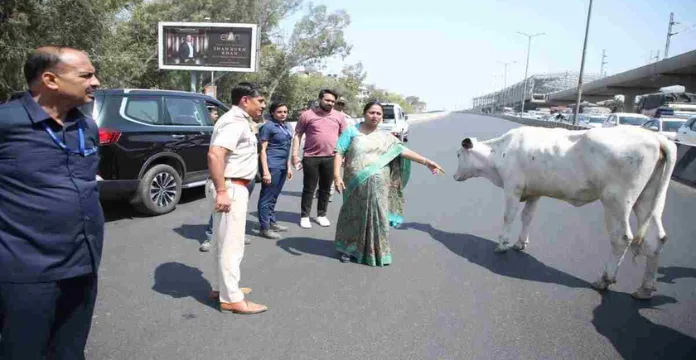New Delhi, April 12, 2025 – The Supreme Court dropped a landmark ruling Friday, mandating that the President of India must decide on state bills sent by governors within three months, slapping a hard timeline on Article 201’s vague process. The verdict, tackling Tamil Nadu’s plea against Governor RN Ravi’s delay on 10 bills, also sets governors straight—one month to send bills back or forward to the President, three if withholding assent solo, per NDTV. Tamil Nadu CM MK Stalin called it a “historic win” for state autonomy.
The bench, led by Chief Justice DY Chandrachud with Justices JB Pardiwala and Manoj Misra, wasn’t playing—Ravi’s referral of bills to President Droupadi Murmu was “not bona fide,” they said, echoing a 2023 rap for his stalling (The Hindu). Bills on Vice-Chancellor picks and anti-NEET exemptions sat dusty since 2020; the court now says states can challenge presidential vetoes (The Indian Express). “No more pocket vetoes—act or explain,” Justice Chandrachud warned, per Times of India. X posts lit up—“Judiciary’s bossing now!”—but some cry overreach: “President’s under a leash?”
Tamil Nadu’s case isn’t lone—Kerala, Punjab, and Bengal have beefed with governors too (India Today). Governors handle 90% of bills; 5% hit the President, with 60% of those pending over a year (PRS Legislative, 2024). The ruling’s a federal flex—states get muscle to push Delhi. “Governors can’t be gatekeepers,” Stalin told The Economic Times. Yet, Murmu’s office stayed mum—three months max, or writs fly.
This isn’t just law—it’s power redefined. Will governors and Rashtrapati Bhavan hustle, or test the court’s teeth?




